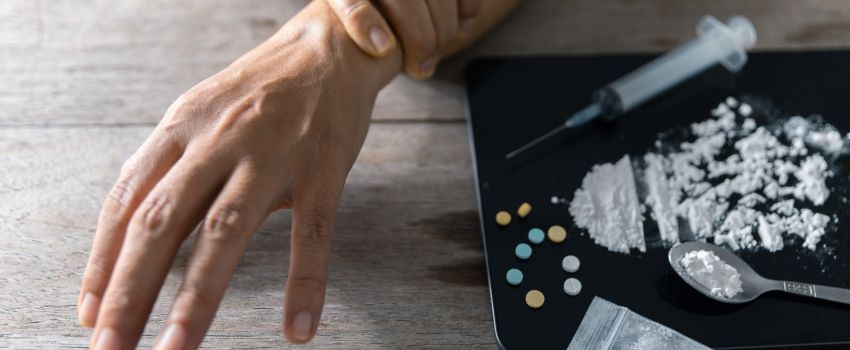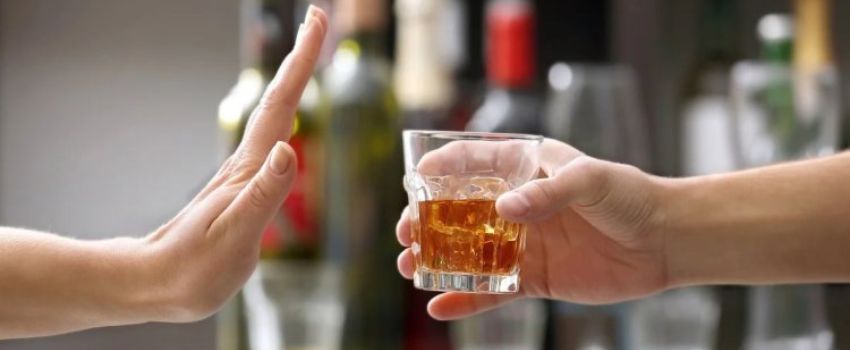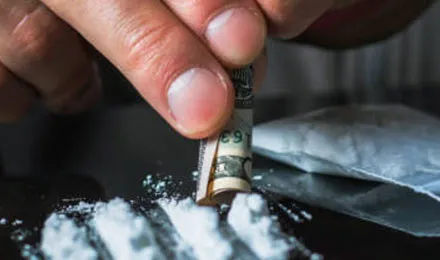How to Choose Best the best Drug Rehabilitation Centre in Pune?
Drug abuse has been acclaimed as a global crime, with immense influence on the physical and socio-economic health of the nation especially among the youthful generation. The extent of substance abuse epidemic has necessitated a massive government response to the problem.
The amount of money allocated to the National Action Plan on Drug Demand Reduction (NAPDDR) has risen considerably as it is planned to be continued at 450 crores in FY 2024-25, compared to 100 crores in FY 2018-19. Regardless of this augmented funding, funds are limited, and the effective use of funds especially the Corporate Social Responsibility (CSR) allocations is always a burden.
The ministries are organized into two in governmental efforts. The Drug De-Addiction Programme (DDAP) is administered by the Ministry of Health & Family Welfare and aims at offering affordable, evidence-based medical care via the government healthcare facilities.
National Epidemic and Policy Response Framework.
At the same time, the Ministry of Social Justice and Empowerment (MoSJE) employ the NAPDDR, which offers financial support to preventive education, awareness creation, and the provision of support and funding to the Non-Government Organizations (NGOs) running Integrated Rehabilitation Centres of Addicts (IRCAs).
Centres such as Jivhala Social Foundation are probably in this second model where they focus on psychosocial rehabilitation and they are also community based. The gravity of the global crisis in the drug issue, such as the emergence of powerful synthetic opioid, also contributes to the importance of the strong treatment capacity in the area.
Our Involvement in Drug Addiction Recovery
Jivhala Social Foundation is now in a critical role as the most preferred drug detoxification centre in Pune, with the necessary multidisciplinary treatment, such as drug rehabilitation, individual and group counselling, and combined mental health services. The analysis indicates that the facility is strategically placed in the affordable-to-mid-range, with the target population being the middle-income families that are interested in professional, structured recovery options that are better than subsidized facilities but cheaper than luxury retreats.
Nonetheless, to tap into this market potential, the provision of regulatory and clinical excellence should be prioritized in the short term. The strategic imperative fully being the verification and demonstration of full compliance with the Mental Healthcare Act (MHCA) 2017 as an urgent matter.
These involve setting up of clear, physician-prescribed, medically-assisted drug detoxification programs and maintaining the required professional staff ratios (e.g., Doctor-Patient Ratio of 1:20). It is mandatory to obtain and utilize the standards of quality assurance, including the certification of National Accreditation Board of Hospitals and Healthcare Providers (NABH), to gain trust in the market and attract partnerships and support a competitive mid-range pricing model.
The Market Opportunity of Critical Treatment Gap.
The demand is very high but care access is severely limited. National surveys demonstrate that there is a dramatic treatment gap: 2.6 percent of all alcohol-dependent people and 12 percent of all drug-dependent people have ever received professional treatment. The sheer size of this unserved population of between 88 and 97.4 percent of those requiring care is an assurance of the high growth expectations of the private substance abuse treatment market.
This high shortage proves that Jivhala Centre is in a location whose latent demand is virtually unlimited. Therefore, strategic investments in quality assurance, including the ability to attain the NABH accreditation and to pursue transparent ethical practices are not only compliance issues but important processes that may help the center to capture a larger portion of this unserved population and distinguish itself among low-quality providers.
Why Choose Jivhala as the Best Drug Rehabilitation Centre in Pune?
- A. We define Detoxification and Rehabilitation: A Necessary Difference.
The medically controlled withdrawal symptoms aimed at physical safety are termed as detoxification. This is legally different to rehabilitation (Punarvasan) that aims at long-term behavioural and emotional healing.
- B. Specialization and Modalities of treatment.
The Evidence-Based Practices (EBP) is based on clinical effectiveness.
- Dual Diagnosis Ability: Jivhala enlists Mental Health Treatment with addiction recovery.
- Cognitive Behavioural Therapy (CBT) and 12-Step Integration: CBT is one of the most effective EBPs as it aims at assisting patients in recognizing dysfunctional thoughts and behaviours and changing them. Spiritual acceptance and surrender are incorporated in the 12-Step philosophy and is popular in India.
- Holistic Support: The addition of Yoga and Meditation programs helps meet the demands of the holistic approach to therapies, offering relaxation and general well-being, which is essential in coping with stress and decreasing the chances of relapse in drug de-addiction centre.
- C. The significance of the Aftercare in the Long Run.
Successful recovery in well-known de-addiction facilities is heavily tied to the long-term relapse prevention programs. It is not enough to just pass the residential program but the continuum of care should be carried into the life after discharge in Drug Rehabilitation Centre in Pune.
Substance Use Disorder (SUD) Landscape: Maharashtra Analysis.
Jivhala Centre is operational in conditions that are characterized by serious national public health crisis with a strong prevalence of substance abuse and a lack of treatment infrastructure to carry out drug detoxification centre in Pune.
Concentrated Epidemiology: Substance usage trends in Pune/Maharashtra.
Maharashtra is a contributor of the national burden of addiction, especially with respect to the sophisticated drug usage behavior. Statistics show that Maharashtra has a large number of current users of stimulants with 90,000 people recorded to be current cocaine users and this puts the state at the forefront of the country in terms of the number of individuals who consume stimulants in the country.
This dominance in the use of high-value stimulants, as well as Amphetamine-Type Stimulants (ATS), which influence a national population of an estimated 19.4 lakh people, implies that drug rehabilitation in Pune region requires a specialized mode of therapeutic intervention other than the 12-step models. In addition, Maharashtra adds 7.0 percent of the number of cannabis users to the survey population.
Analysis of Drug
The scope of the dependency is also terrifying: at the national level, about 50 percent of heroin users and 20 percent of opium users qualify as dependent users. In general, the usage rates of substances are quite high, and 27.3% of men consume alcohol, and 5.0% are cannabis users. The high occurrence of all the diversified substances implies that Jivhala Centre should provide an active, inclusive treatment portfolio in drug rehabilitation centre that responds to the management of opioid, drug, and stimulant use disorders for Drug Rehabilitation Centre in Pune.
Jivhala Social Foundation will be able to establish itself as a top, ethical and highly efficient Drug Rehabilitation Centre in Pune. A visionary road ahead is characterized by a desire to commit to quality, which can be verified. We provide 24/7 professional care that is compassionate facility, safe residential setting and personalized holistic care which covers counselling, yoga and medical assistance. Free yourself, shatter the shackles of addiction and forge a long-term, full recovery, with our team of dedicated and experienced individuals. Book an appointment to make the first step towards your new beginning.
Related Rehabilitation Services in Pune






